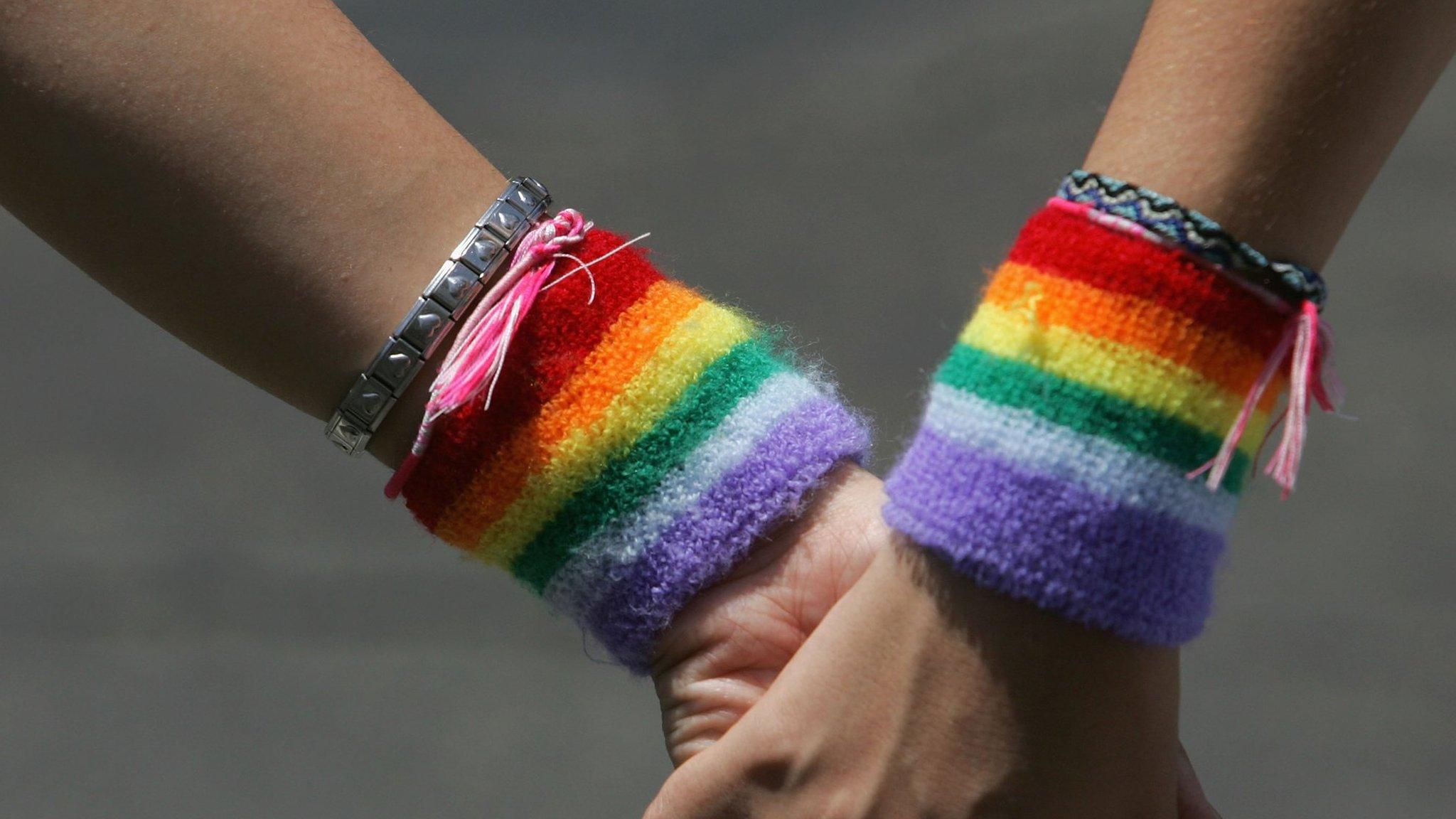Why one man in Singapore was not allowed to adopt his child
- Published
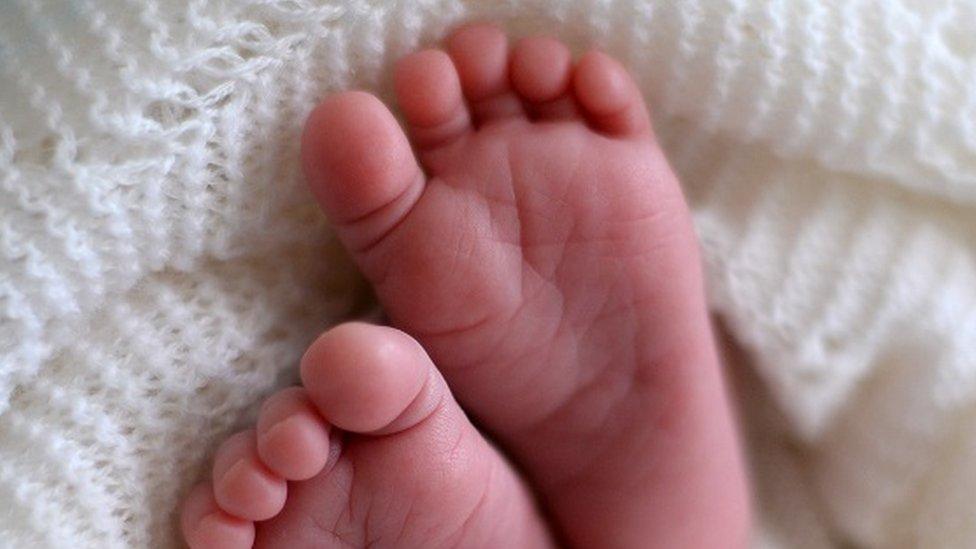
Noel was born to a gay couple who have been together for more than a decade
Gleaming Singapore is every bit the modern city, but the struggle of one father to adopt his child has shown how modern values are butting up against traditional concepts of family, writes the BBC's Yvette Tan in Singapore.
The first sound his parents ever heard him make was a loud cry.
After a six-hour labour, Noel was safely delivered in a US hospital by his surrogate mother, on behalf of two hopeful parents.
The parents cried together as they cut his umbilical cord, bonded as they fed Noel his first bottle of milk, and later, proudly took him home to his new life in Singapore.
Noel's life since then has been as typical as that of any other boy his age in Singapore, except for the fact that under Singaporean law, he is an illegitimate child, a status that could have implications throughout his life.
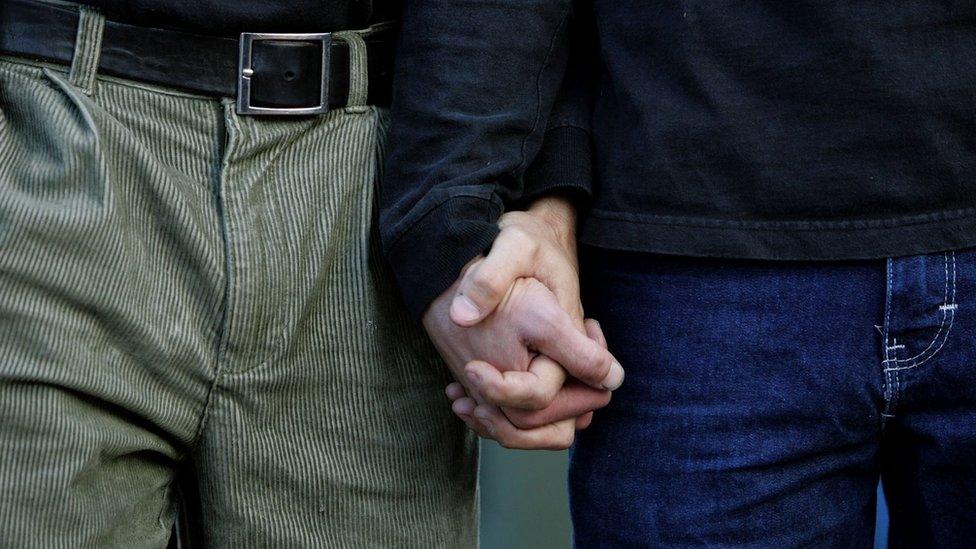
Both James and Shawn say their "desire to have their own children" grew as they aged
James and Shawn - all names have been changed to protect the child's identity - had been a couple for a decade before deciding they wanted to have a child together.
They considered adoption, but were told by people with personal experience that instances of gay men being allowed to adopt were rare.
While single men are allowed to adopt male children, they didn't want to apply as individuals, and didn't want to have to conceal their relationship during the adoption process.
So they instead turned to the idea of surrogacy.
Surrogacy is illegal within Singapore, so the couple decided to travel to the US, as many couples have before.
An egg donor was picked through an agency, and the egg fertilised with James's sperm through in-vitro fertilisation (IVF).
They paid US$200,000 (£144,300) for the surrogacy process, and after nine months, they flew back to the US to witness the birth of their child.
"It felt surreal that we finally had our own child," James told the BBC. "We were bursting with so much love and joy, and suddenly it felt like there was so much more meaning to our lives."
He said he "did not know of any existing laws prohibiting overseas surrogacy at the time".
'Where would he go?'
But upon their return to Singapore, reality struck.
Because Noel's biological mother and father were not married, he was considered illegitimate in the eyes of the law. Additionally, as his birth mother was foreign, he was not automatically a Singaporean citizen.
An application for Singaporean citizenship for Noel was turned down, meaning he was not entitled to any governmental benefits or assistance, and risked not inheriting anything from his father.
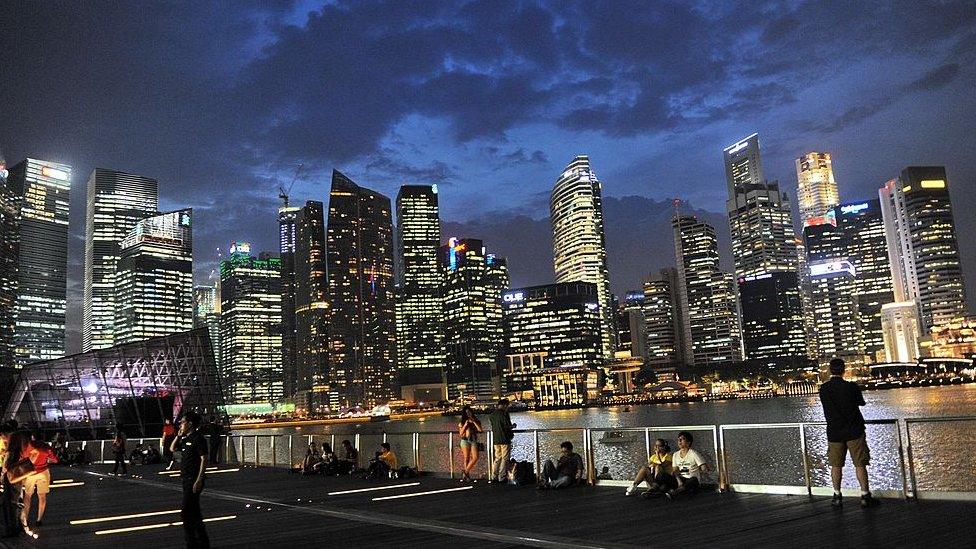
Gay sex is still criminalised in modern Singapore
James is still recognised by the law as Noel's biological father, so the now four-year-old is still allowed to live with him.
Noel was instead granted a Long Term Visit Pass (LTVP), which is valid for six months and has to be renewed periodically.
The LTVP can be rescinded and is not a permanent solution.
"[If it were rescinded] he would have to leave Singapore. Where would he go?" James said.
"Singapore is the only home he's known. He has a special bond with his grandparents, aunts and cousins... it would devastate us."
Adoption conundrum
Towards the end of 2014, James decided to apply to adopt his biological son, to shake off his "illegitimate" status.
Adoption would not automatically lead to citizenship, but according to James' lawyer, Ivan Cheong of Eversheds Harry Elias LLP, it was likely that it would help their cause.
They had to wait until December last year before hearing back from the Family Courts - the bid had been rejected.
When this became public, many saw it as a judgement by the state on the couple's sexuality and relationship.
Sex between men is illegal in Singapore, and same-sex marriages are not recognised in law - Noel could never be considered legitimate as the child of two men.
Singaporean LGBT campaign group Pink Dot said the ruling was based on "an outdated view of what a family should constitute".
The group said it was "a cruel thing" to deny a child legitimacy to his own biological father, and that the law was "falling behind society's evolving nature".
Judge Shobha Nair, in her ruling, had insisted the decision was not based on the court's view of what "a family unit ought to be".
"This case has very little to do with the propriety and/or effectiveness of same-gender parenting," she said, but was about the ethics of commercial surrogacy.
That the couple paid S$200,000 for the child "reflects the very thing the Adoption Act seeks to prevent - the use of money to encourage the movement of life from one hand to another," she said.
Mr Cheong agreed, telling the BBC it "was clear that the dismissal of the application was not because my client is in a same-sex relationship with his partner".
Singaporean authorities have said their role is to encourage "parenthood within marriage", external and that "planned and deliberate parenthood" by singles - as James is in the eyes of the law - "runs contrary to this".

The use of IVF is limited in Singapore
Dr Mathew Mathews, a senior research fellow at the National University of Singapore, says there is still "much support for parenthood to happen within the context of the 'traditional family' in Singapore", but that views are starting to change.
"More Singaporeans today accept that some children will be raised in contexts which differ from their idealised conceptions of family, though they might be hesitant of this becoming the norm."
No regrets
On 4 January, the couple filed an appeal against the decision.
They are still awaiting its outcome, but said they knew adoption would "not be an easy process".
"We had hoped that the courts would see the merits of our case, we are very sad and disappointed this wasn't [so]," said James.
Currently, James has no legal rights to the child, but still remains his de facto parent due to their biological link, and is allowed to make all decisions on behalf of Noel.
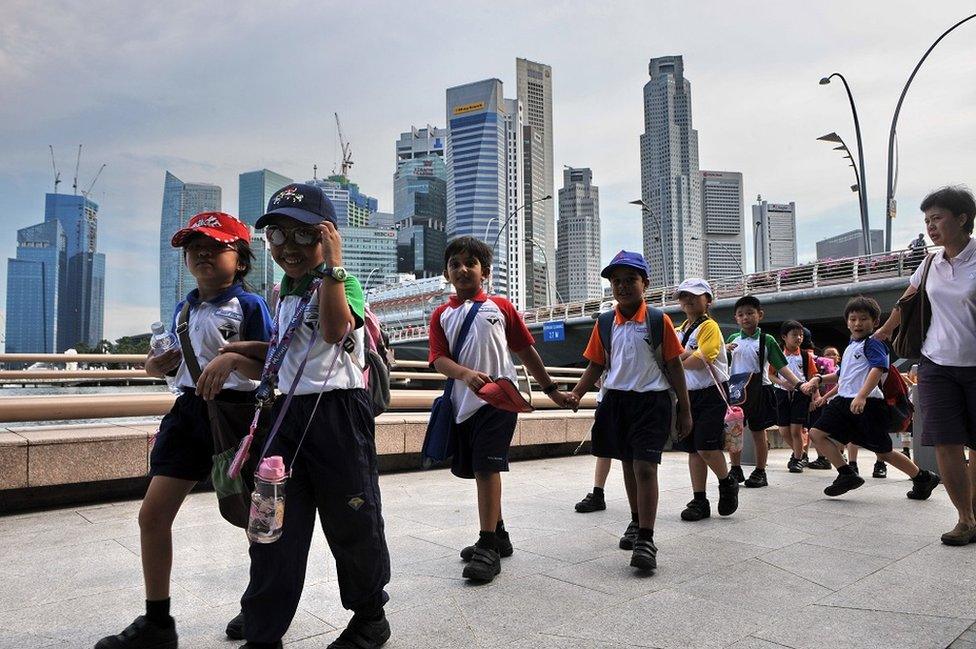
When asked if they would consider migrating moving overseas should the appeal fail, James said: "Singapore is our home. My partner and I are true-blue Singaporeans, born and bred here. We received our education here. We served in the Singapore Army.
"Our families and lives are rooted here in this country we love. We've never been made to feel different, or been discriminated against, except when dealing with the authorities.
"Having to leave...is not a decision we will make lightly."
The couple add that they have no regrets having Noel, who is currently "oblivious to the ordeal", despite the challenges it has presented.
"The four years of joy my son brought to us cannot be adequately measured or put in words. He knows he has two fathers - he calls me Papa and my partner Daddy," James explains.
"Our neighbours, extended family - they've all embraced him and often tell him how lucky he is to have two caring fathers. We have no regrets having him."
- Published1 July 2017
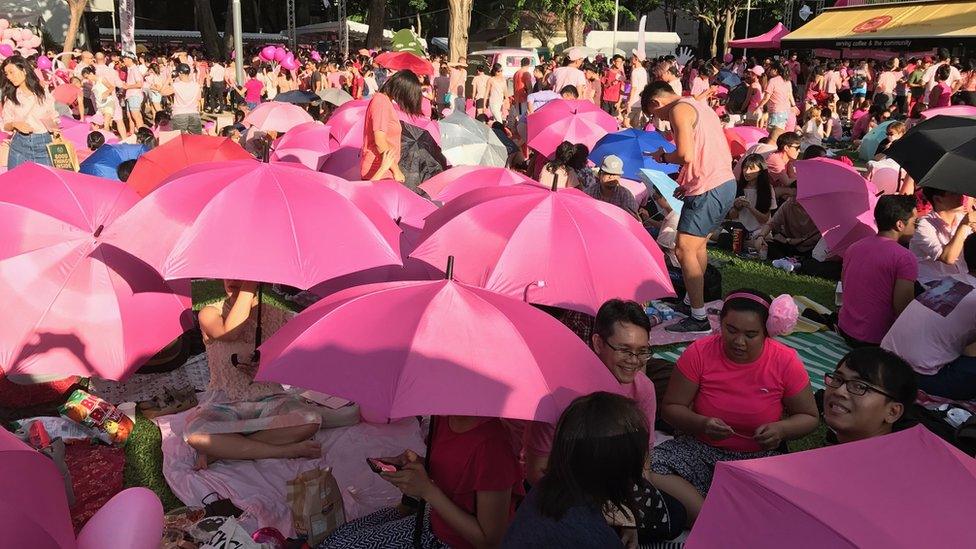
- Published30 June 2017

- Published11 December 2013
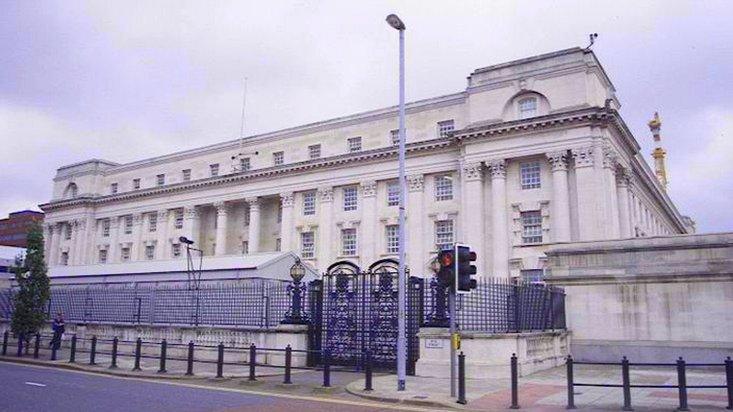
- Published29 July 2017
